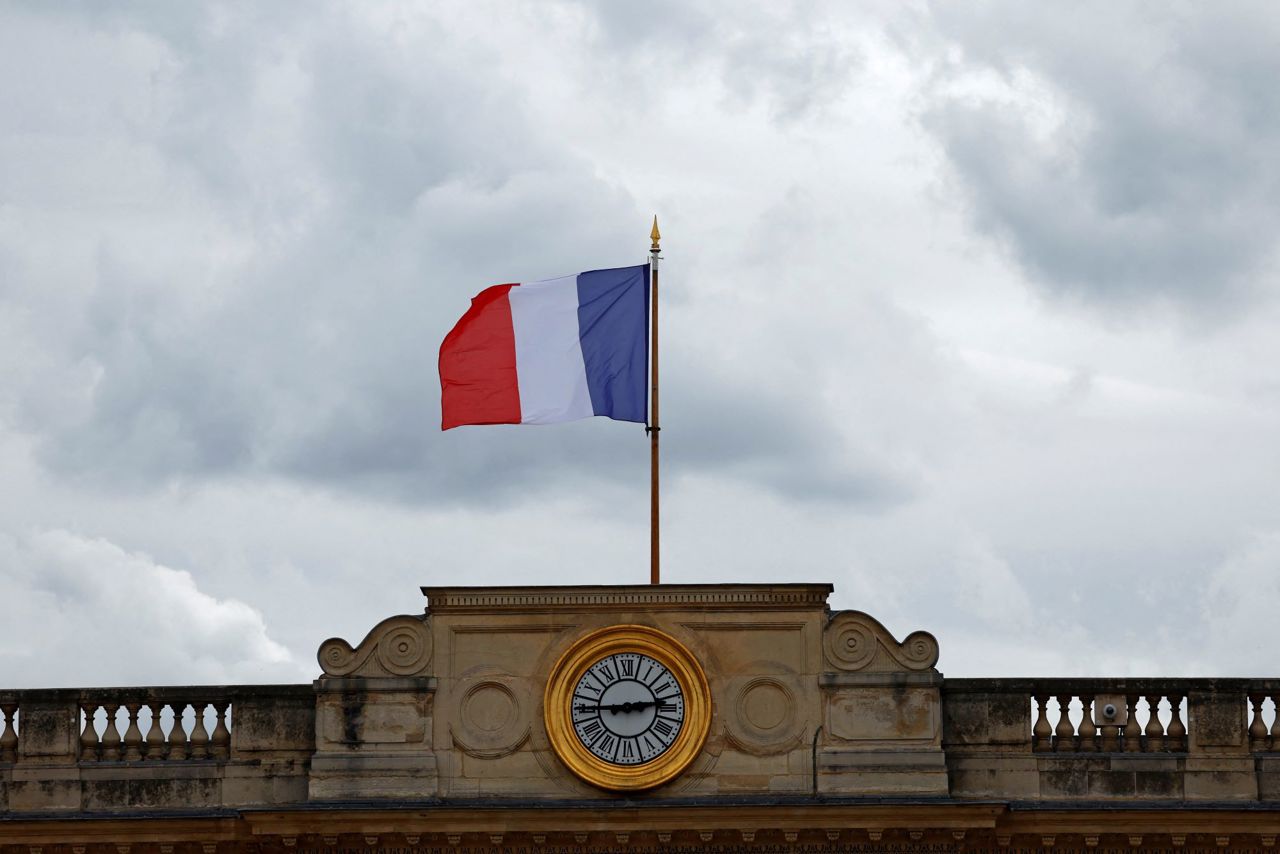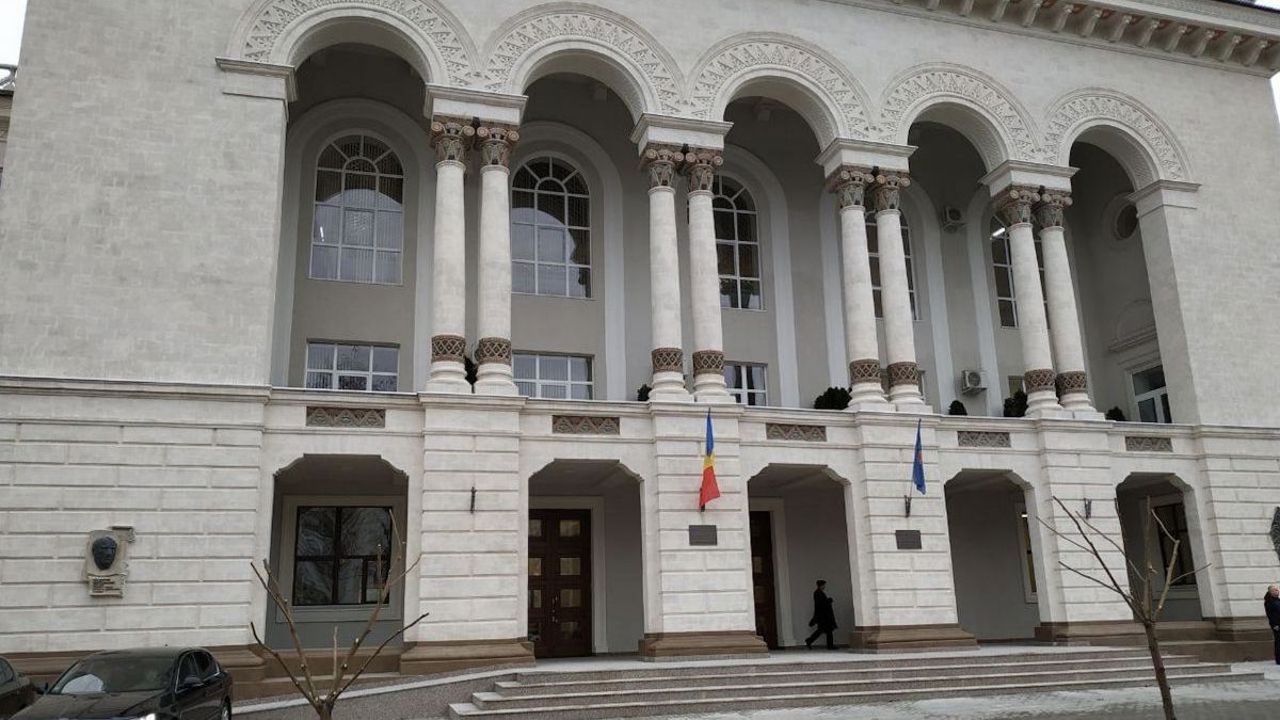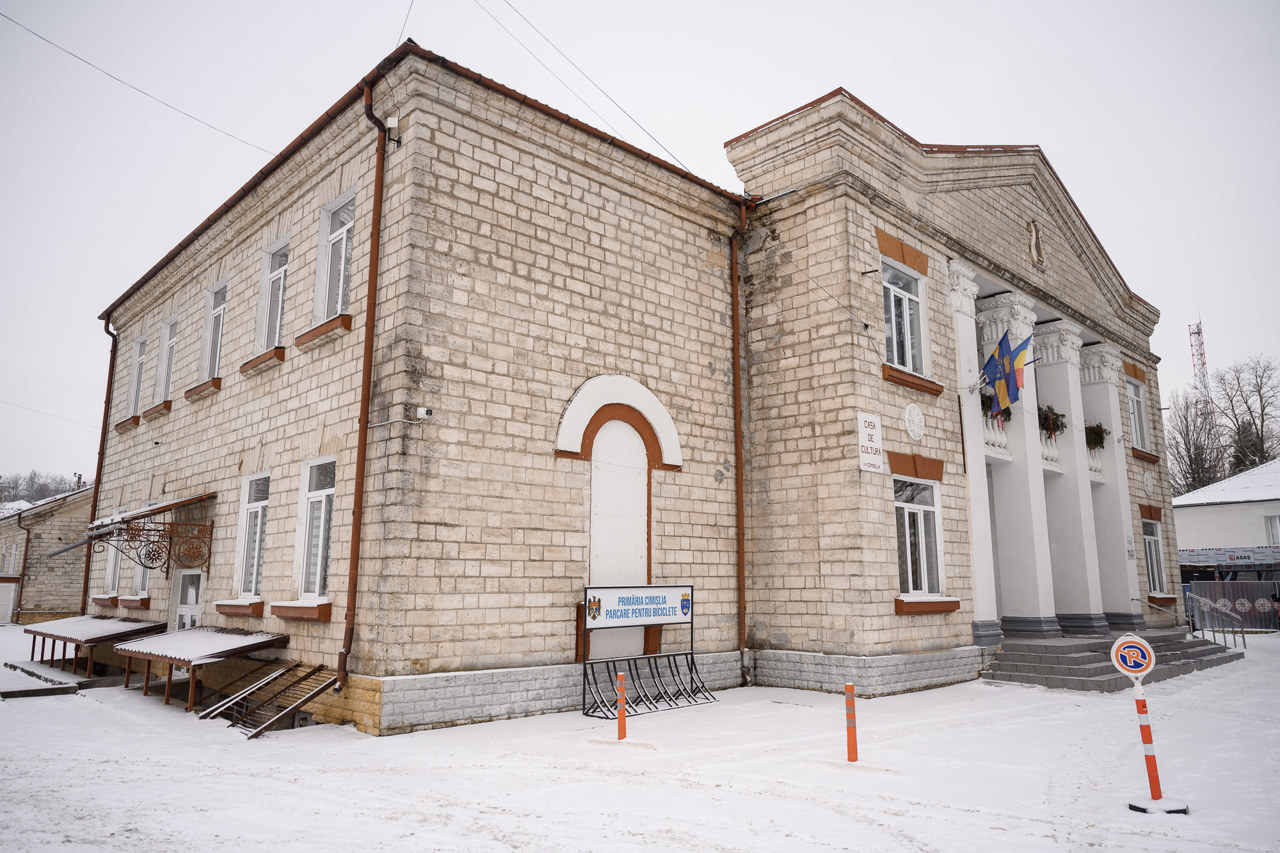Macron Faces Political Uncertainty After Attal's Resignation
French Prime Minister Gabriel Attal resigned last night, and President Emmanuel Macron accepted his resignation, asking him to remain in office temporarily to manage "current affairs."

A caretaker government is one whose ministers temporarily remain in office to ensure the continuity of the state, its services, and the essential daily functioning of the administrations under their responsibility. A minister who resigns is no longer truly a minister but acts in that capacity, yet cannot do anything significant due to limits on their power.
Therefore, a caretaker government has much more limited power than a full-fledged government. In principle, it cannot take measures of a political nature. It is not allowed to undertake actions that affect a lasting change to an organisation, public service, or legal status.
Of course, current affairs do not systematically prevent a government from issuing decrees, circulars, and orders to implement already adopted laws. In preparation for the next school year, the Minister of National Education could, for example, issue a circular to organise classes. Since the laws have already been adopted, the government would have the right to publish related implementation decrees. Authorised administrative measures may include, for example, distributing correspondence, organising public service exams and competitions, and paying salaries and pensions.
In Europe, however, many examples exist of countries that have functioned, sometimes for extremely long periods, in the total absence of a government, as it simply could not be formed.
For instance, in 2010-2011, Belgium remained 541 days without a government. It was then a world record, the previous one being Cambodia in 2003-2004. The record was later broken by Northern Ireland, in 2017, which has its own government within the United Kingdom and managed to reach 589 days of political and administrative vacuum.
Similarly, Spain also survived almost the entire year 2016 without a government, until the left-wing opposition accepted that the conservative Popular Party form a minority government.
Of course, such records are hard to imagine in countries without solid democratic traditions. Belgium, for example, is a model federal country, where various administrative structures can function perfectly even in the absence of top-level power. France has not yet demonstrated such a situation.
Emmanuel Macron has no legal obligation to choose a person from the largest group in the National Assembly, and no deadline is imposed on him by any texts.
No one knows when Emmanuel Macron will appoint a new Prime Minister. He has already warned that he wishes "to give political forces some time to build compromises with calmness and respect for everyone." This, however, raises a real democratic problem, as it leads to a form of political uncertainty because generally, such a government is intended to last only a few days, at most a few weeks.
It remains to be seen if Macron will risk prolonging such a situation, while political pressure will be strong, and the French, who expressed themselves massively during the legislative elections, could become impatient. The "yellow vests" protests showed what that could mean.
Author: Dan Alexe
Translation by Iurie Tataru




